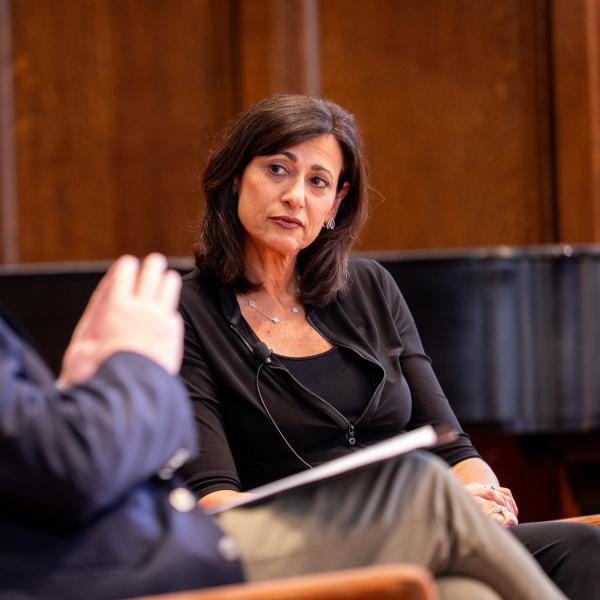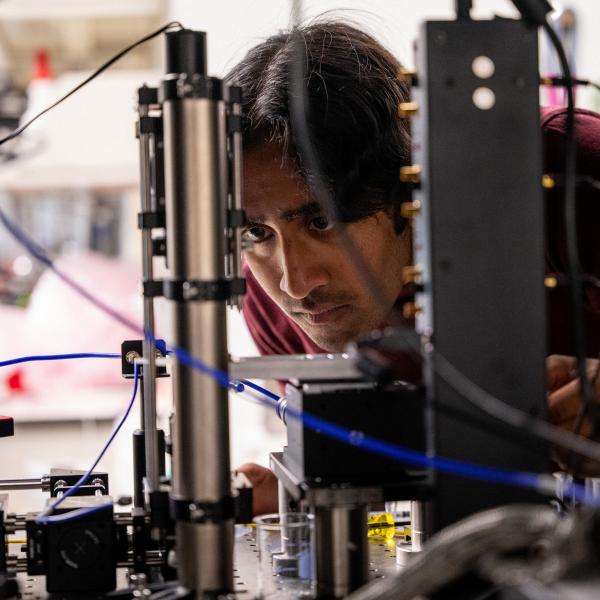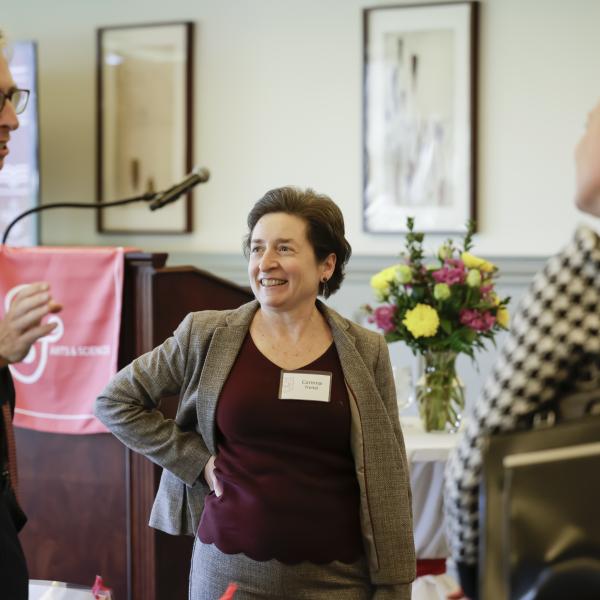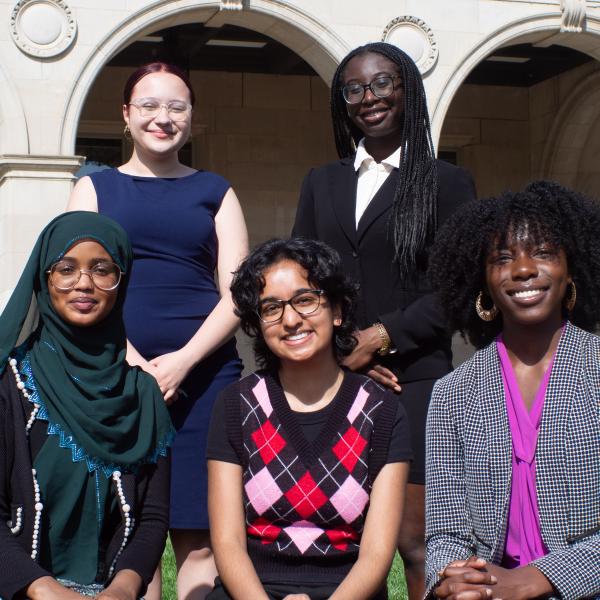Washington University in St. Louis is one of 24 schools selected to receive $1 million grants as part of a new HHMI initiative to help colleges and universities foster success in science for all students, especially undergraduates who enter four-year institutions via nontraditional pathways.
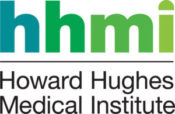 The Howard Hughes Medical Institute (HHMI), the largest private, nonprofit supporter of science education in the United States, announced June 7 the first round of schools selected for its Inclusive Excellence Initiative.
The Howard Hughes Medical Institute (HHMI), the largest private, nonprofit supporter of science education in the United States, announced June 7 the first round of schools selected for its Inclusive Excellence Initiative.
More than 500 schools submitted proposals for the grants, which are designed to reshape campus support for undergraduate science education over a five-year span. The initiative’s broad objective is to help colleges and universities to encourage participation and cultivate the talent of students in science, technology, engineering and math (STEM) disciplines.
The Washington University initiative will be led by Regina F. Frey, the Florence E. Moog Professor of STEM Education and co-director of the Center for Integrative Research on Cognition, Learning, and Education (CIRCLE) in Arts & Sciences.
“The overarching goal of our project is to create an inclusive learning environment where all students feel welcome and have an equal opportunity to be successful in STEM disciplines at Washington University,” Frey said. “The program will help us create an inclusive environment that conveys a consistent narrative of success in STEM for all.”
Other core leaders, all from Arts & Sciences, include: Jennifer R. Smith, dean of the College of Arts & Sciences and professor of earth and planetary sciences and of environmental studies; Jan Duchek, director of the Cornerstone learning center and associate professor of psychological and brain sciences; and Kathryn Miller, chair and professor of biology.
“I am both pleased and proud that Washington University has been selected for this grant and think it’s a tremendous credit to the team of outstanding faculty leaders who are on the front lines of this effort,” said Barbara A. Schaal, dean of the faculty of Arts & Sciences. “Making our science curriculum more inclusive and fostering a diverse new generation of scholars is very important not only to me personally and to the Arts & Sciences community, but also to the future of science. Diversity of thought, perspective and experience advances the frontiers of discovery.”
The initiative comes at a time when Washington University is focusing on efforts to increase its enrollment of first-generation, lower-income and minority students.
